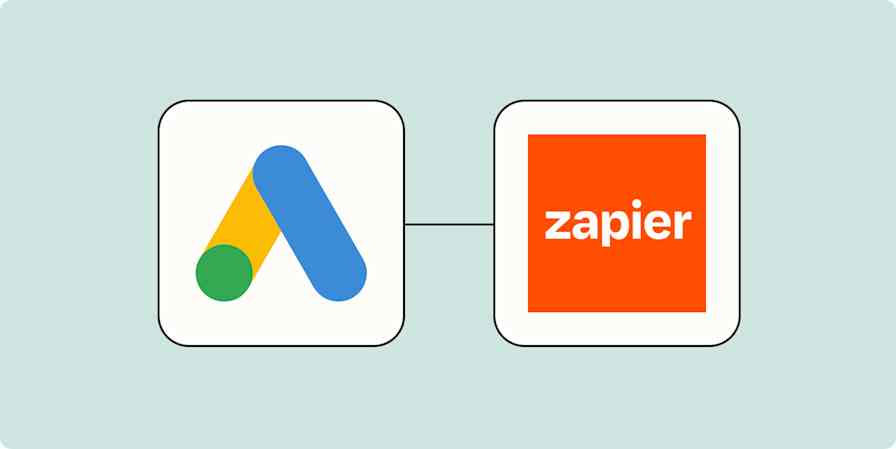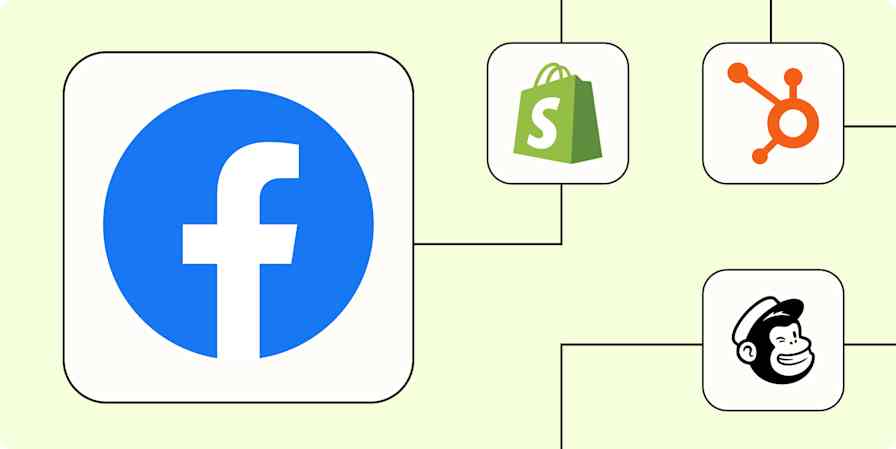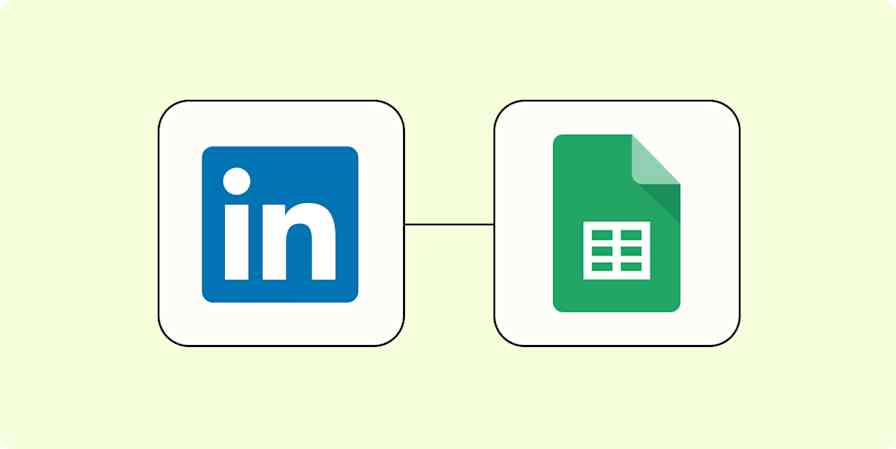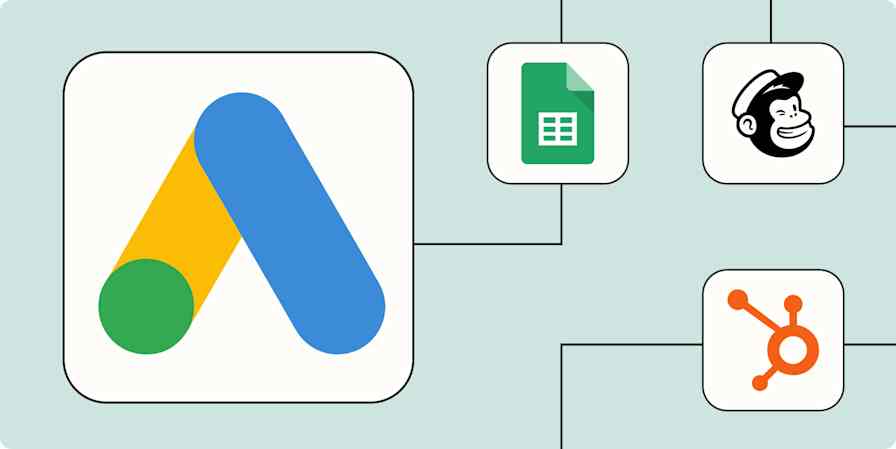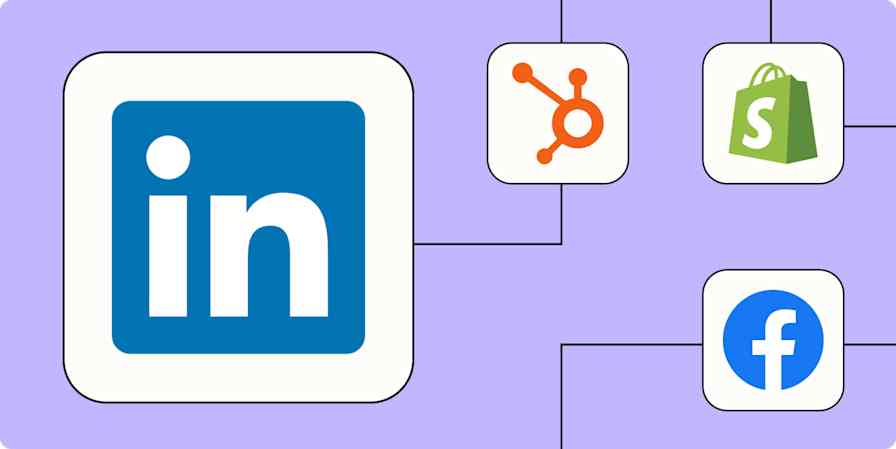Marketing tips
6 min read5 PPC ads I actually converted on—and why
By Ana Gotter · December 10, 2021

Get productivity tips delivered straight to your inbox
We’ll email you 1-3 times per week—and never share your information.
Related articles
Improve your productivity automatically. Use Zapier to get your apps working together.

